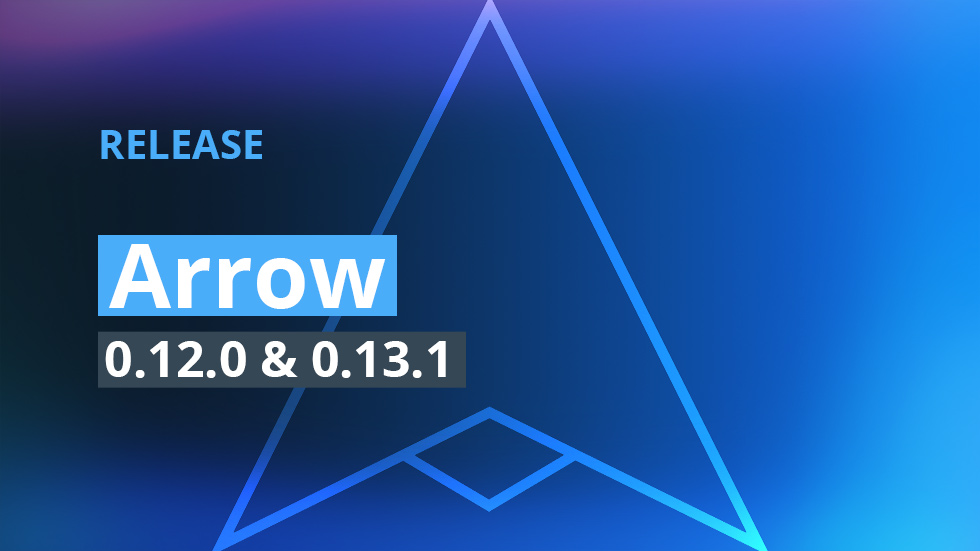Your own custom Spring Data repository
over 4 years ago
How to integrate Spring Data Repository with Arrow.
Read
Arrow 0.12.0 & 0.13.1 are now available
over 4 years ago
Arrow 0.12.0 & 0.13.1 are now available, featuring streamlining of the library for 1.0.0.
Read
Advanced FP for the Enterprise Bee: Shiny Things
almost 5 years ago
Garth Gilmour concludes his 8-part series introducing advanced FP concepts via Kotlin and Arrow.
ReadAdvanced FP for the Enterprise Bee: State
almost 5 years ago
This is the seventh post in a series written by Garth Gilmour introducing advanced FP concepts via Kotlin and Arrow. This article explores the world of Monads, and, in particular, the State type.
Read
Hands-on Arrow
almost 5 years ago
A video from the meetup of the Google Developer Group based in Nuremberg with a presentation by Karin-Aleksandra Monoid about using Arrow.
Read
Advanced FP for the Enterprise Bee: Optics
almost 5 years ago
This is the sixth post in a series introducing advanced FP concepts via Kotlin and Arrow. This article covers Optics with Kotlin and Arrow.
Read
Advanced FP for the Enterprise Bee: Typeclasses
almost 5 years ago
This fifth post in a series introduces advanced FP concepts via Kotlin and Arrow. This article introduces Typeclasses, and reviews a practical example of Typeclasses from the Arrow library.
Read
Advanced FP for the Enterprise Bee: Kleisli
almost 5 years ago
This fourth post in a series introduces advanced FP concepts via Kotlin and Arrow. This article looks at the Kleisli type.
Read